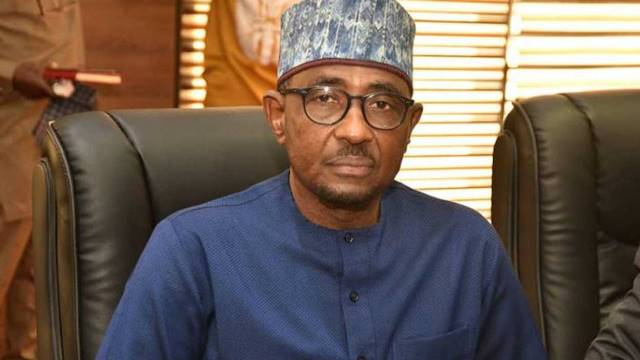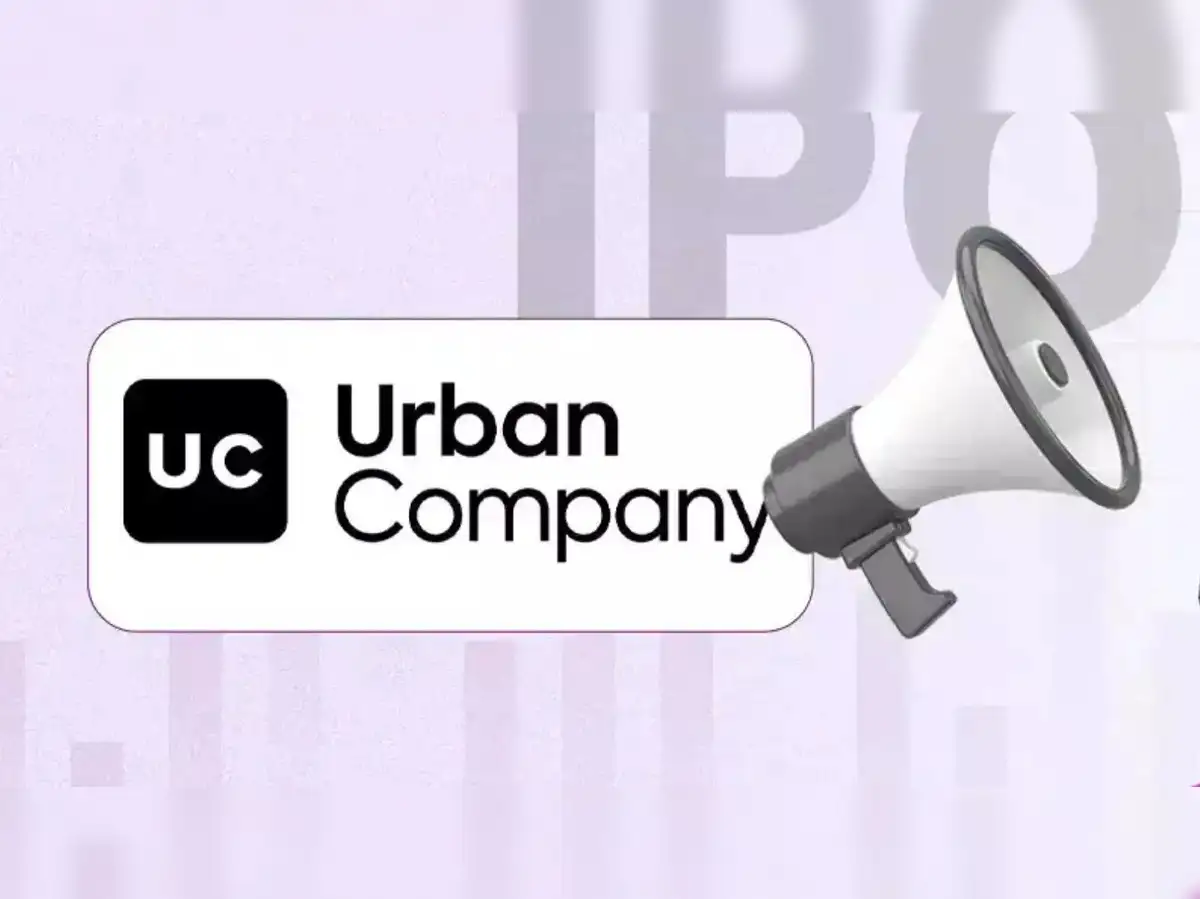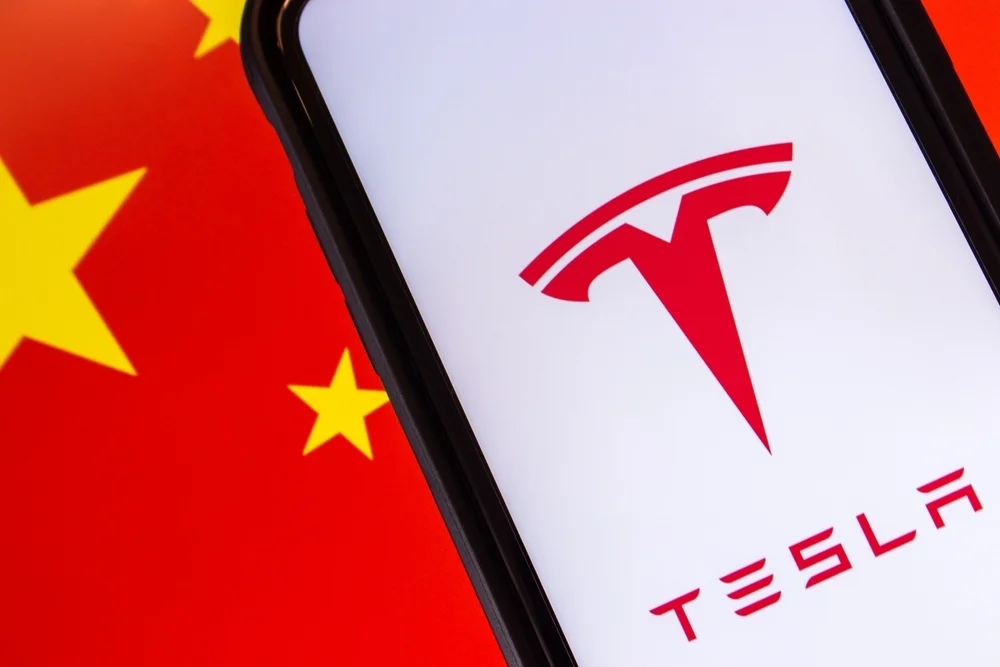By Chika Izuora
Copyright leadership

Key industry operators will share insights into challenges facing domestic crude oil refining in the country at the upcoming 2nd Nigeria Refining Summit, which the Crude Oil Refinery Owners Association of Nigeria (CORAN) is hosting.
The stage is getting set for the landmark gathering as Engr. Farouk Ahmed, Chief Executive of the Nigerian Midstream and Downstream Petroleum Regulatory Authority (NMDPRA), headlines the powerhouse lineup of confirmed speakers during the event.
Joining him are; Nkechi Obi, group managing director of TechnoOil; Temi Omatseye, executive chairman of Polmaz Logistics and former director general of NIMASA; Dr Ibilola Amao, principal consultant of Lonadek Global Services; and Begna Gebreyes, the head of Heavy Industries, Telecoms & Technology (HITT) at Africa Finance Corporation— alongside other energy leaders.
The summit will unite policymakers, regulators, investors, and operators to chart a path toward transforming Nigeria into a self-sufficient refining powerhouse and a regional fuel supplier of choice.
Despite producing over 1.4 million barrels of crude oil daily, he said, Nigeria spends more than $10 billion annually on fuel imports. Summit’s mission is to accelerate the shift from dependence to dominance by boosting refining capacity, ensuring sustainable crude supply, and aligning operations with global environmental standards.
“Momentum is already building. The Dangote Refinery now runs at more than 70 per cent capacity, while Aradel, Waltersmith, and OPAC modular refineries demonstrate the agility of smaller-scale solutions. With BUA’s 200,000 bpd Akwa Ibom refinery and the rehabilitation of Port Harcourt and Warri plants on track, Nigeria could surpass 1 million barrels per day of refining capacity by 2027 — a milestone that would decisively end fuel import reliance.”
Refining is no longer a national aspiration; it’s a shared mission for Nigeria’s energy future, said CORAN chairman, Engr. Momoh Oyarekhua, adding that, “by combining the strengths of mega-refineries, modular facilities, and state-owned assets, we will not only achieve self-sufficiency but position Nigeria as the refining hub of Africa.”
The refining sector promises hundreds of thousands of jobs, new industrial value chains, and billions in GDP growth. With policy support and investor confidence, Nigeria could emerge as West Africa’s leading fuel supplier, serving a market worth over $20 billion annually.
The Summit’s Strategic Dialogue will convene key players to address crude supply bottlenecks, explore fiscal incentives, and foster public-private partnerships. Inspired by global success stories like India’s Jamnagar refinery complex and Indonesia’s expansion drive, participants will craft strategies tailored to Nigeria’s unique strengths and challenges.
CORAN 2025 will not only be a conference — it will be a catalyst for transformation. By drawing together visionaries across the energy spectrum, the Summit will define a roadmap for Nigeria’s refining sector to deliver energy security, economic prosperity, and regional leadership.



